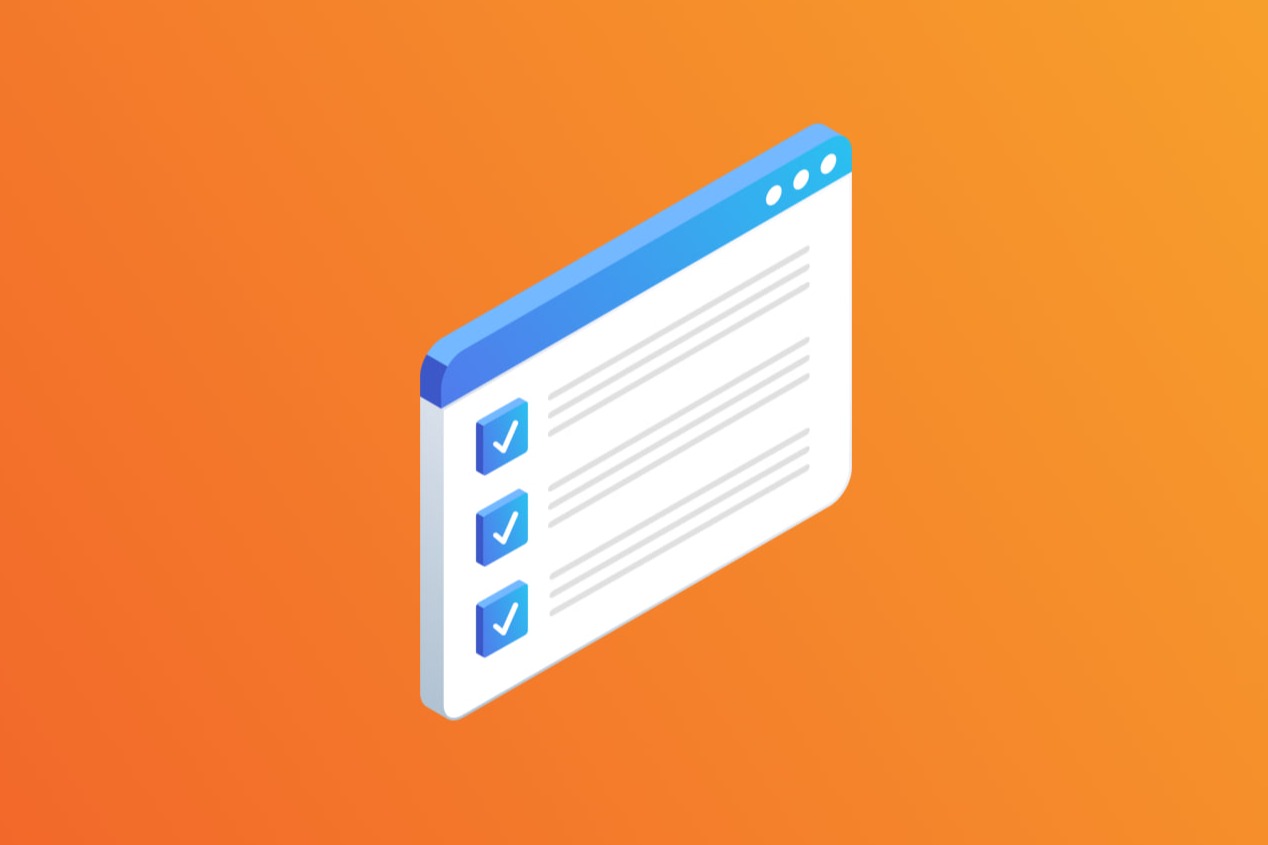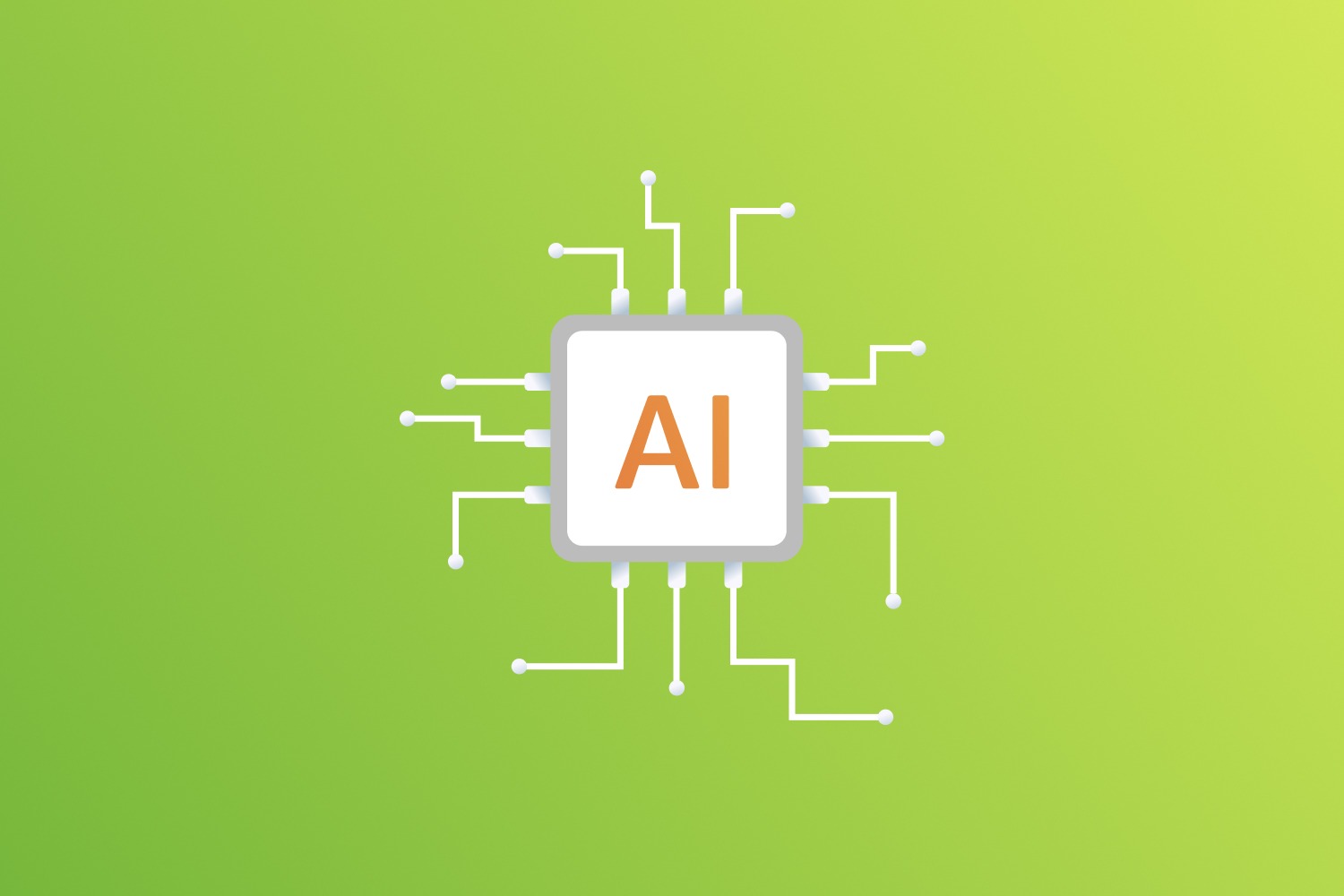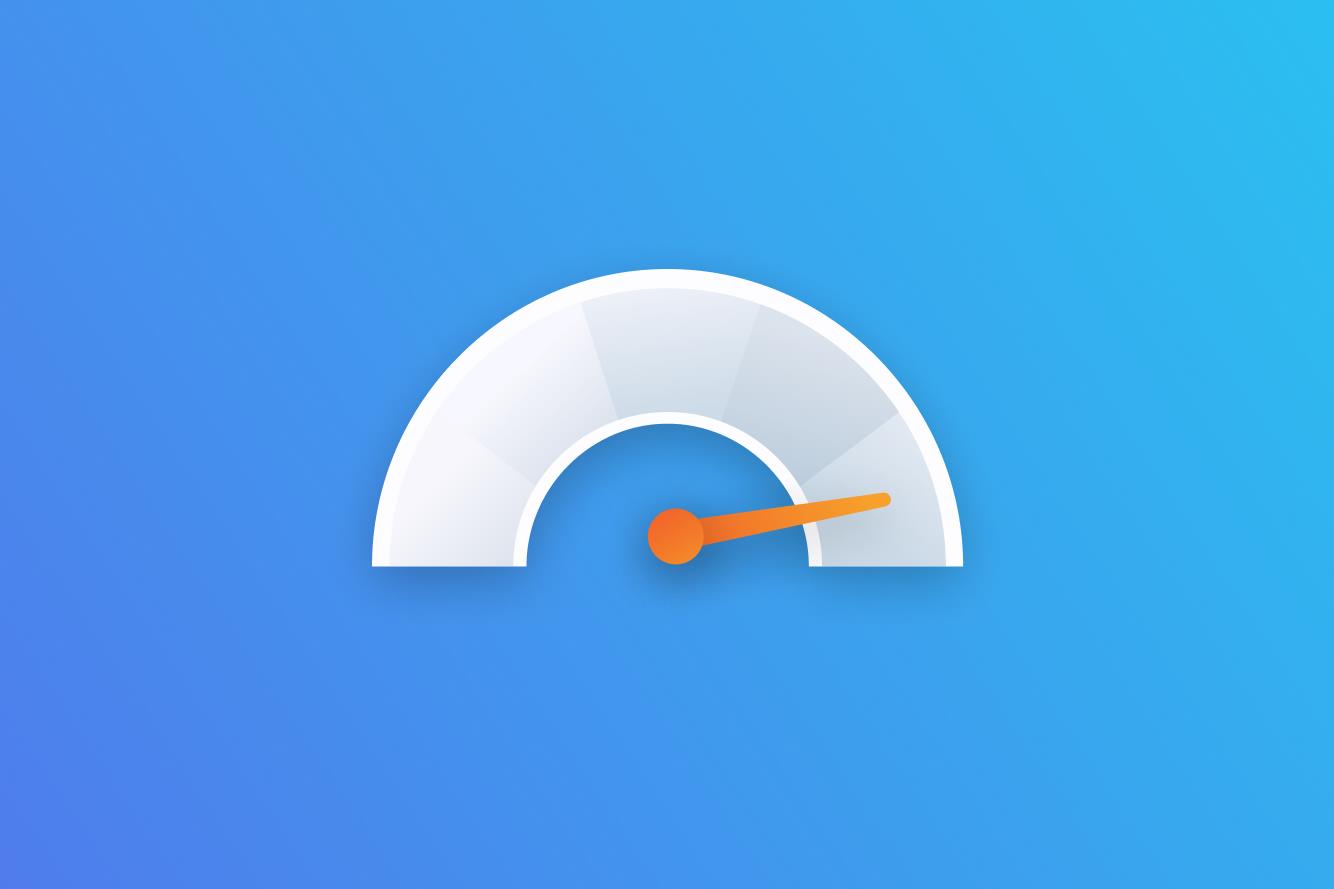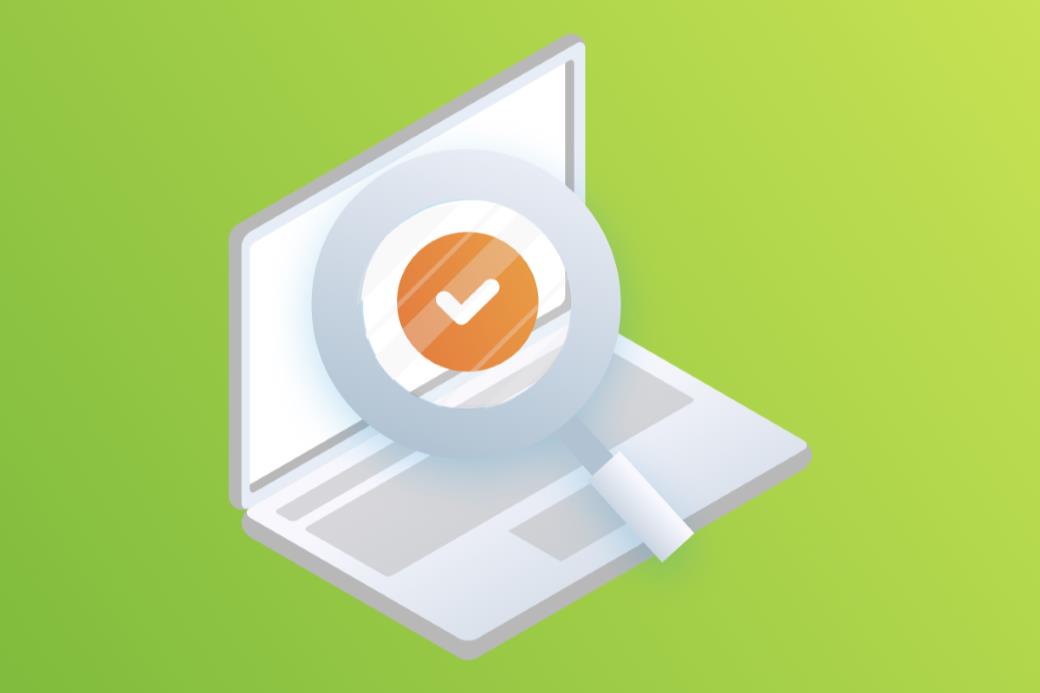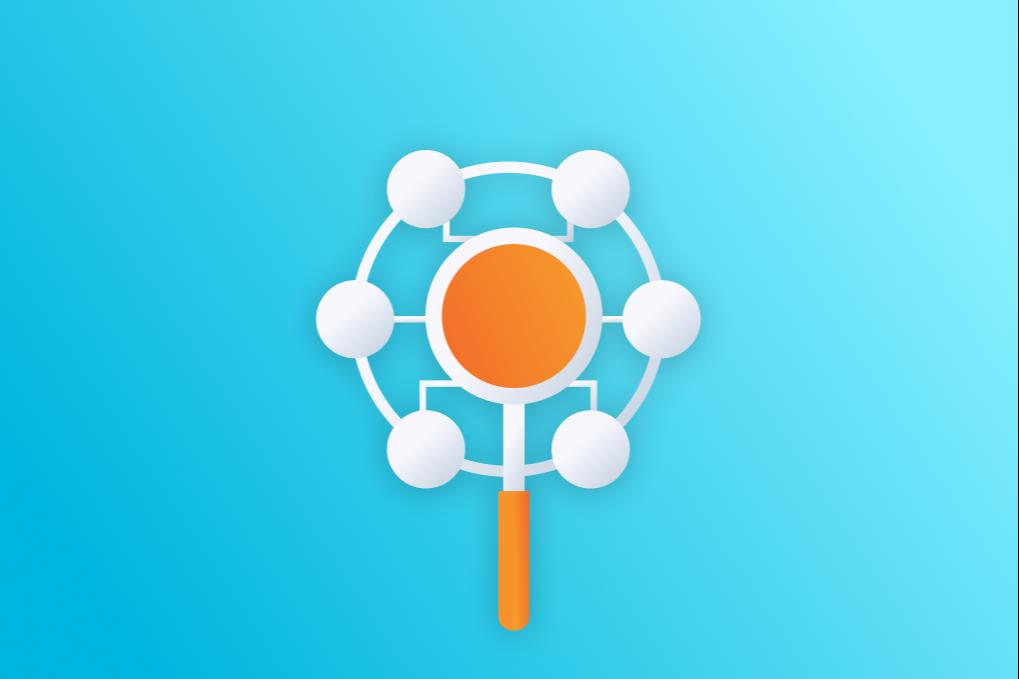Google's Go language made a real breakthrough among traditional server-side tools in its time. Why do the developers love it so much, and what does the blue gopher have to do with it? Together with Sergey Shtripling, Senior Software Engineer at EPAM, who has long cherished warm feelings for the language, we took a look at the features of Golang.
What is the Go language? And what's with the gophers?
The Go language is an open-source, statically typed, compile programming language. Its creators at Google faced an obvious problem: languages like Python are easy to learn but slow, while C and C++ are fast and time-tested but take years to master at the Junior level.
According to one of the Go creators, they originally designed the language for internal usage at Google. They wanted to find a way to effectively deal with their local tasks, quickly train interns and transfer them to development. As a result, they invented the Go language, which you can master without experience in other programming languages and immediately write production-ready code for Google tasks. Since the release of Go as an open-source language in 2009, other developers have accepted it warmly for its simplicity, security, and reliability. Over more than ten years of its existence, the Go language has acquired its traditions, libraries, and development practices, allowing gophers around the globe to create convenient and competitive software.
A fun fact: Go-developers are often called gophers after an unofficial symbol of the Go language — a curious gopher with funny teeth.
Why choose Go?
Despite its youth, Go has progressed into a sophisticated language. Behind its progress were seasoned engineers who established the groundwork for the further development of Go. Given it is a well-developed language, mastering it poses no considerable difficulties. However, there is another side to the coin: Go's syntax is very verbose and precise. Sometimes you need to write the most basic functions as explicitly as possible. Although it may seem daunting, we believe it to be a sound approach that instills good habits of tracking errors, monitoring the interface implementation and code design, and thinking over the application architecture. Every language has its idiosyncrasies, and Go is no exception.
Go comes with a multitude of basic, easy-to-use utilities. It does not claim to be a language for every purpose, but it fits well into its niche: server and partly system applications. Will Go be in demand? Naturally. It has not yet reached the peak of its popularity; companies have only had time to try it out and understand where Go can replace other languages. At the same time, development techniques, traditions, and essential libraries have already formed around Go. That makes the developer's job easier and provides new opportunities for growth.
Is Go a good choice if you plan to start a career in IT?
Traditionally, Python or Javascript are considered the first choice for novice engineers but Go is also a viable option for beginners. As I have said, the language promotes good habits that will be immensely beneficial in an engineering profession. Furthermore, Go was designed with inexperienced engineers in mind, so the code appears clear and concise even to the untrained eye. It is an object-oriented, functional, simple, and beautiful language that's easy to pick up, especially if you already know C.
What is there to love about Go?
Go has numerous advantages that contribute to the fact that the ranks of its fans continue to grow year after year, and the demand for Go developers keeps increasing. The language has become a staple in many large companies, including giants such as Google, Twitter, and Uber. Among the most compelling advantages, I would like to mention:
- Strictness
- Simplicity (both in learning and expressiveness)
- Speed
- Readability
- Compiling and typing
- Huge package system
- Well-documented libraries
- Continuous and steady development
- No exceptions, inheritance, classes, annotations, constructors
- High performance
- Well, and the gopher, of course!
Go-developers — what are they like?
They are patient! I think you'll figure out why on the second hundred of ```if err != nil```. Due to the syntax peculiarities of the language, the gopher naturally gravitates toward standards and structure, embraces the KISS principle (Keep It Simple, Stupid 😉), and is not afraid of surprises. After all, the language is constantly changing. And we are changing with it.
Can you learn a language on your own?
It is quite possible to master the basics alone if you hang out in developer communities like Hackerrank, Habr, or thematic channels on Reddit. However, when self-studying, despite the language’s seeming simplicity, you can overlook critical details that more experienced developers are aware of. It's good to have someone look at your code, help you figure out systems, and point out and explain errors.
How to get your first work experience?
The question about getting first work experience is very much like the chicken or the egg dilemma. To get work experience, you need to work, and to work, you need to have work experience. Sure, practical experience is a must, but where to get it? There is another hidden difficulty: is it possible to fully integrate into the process and understand how everything works on your own? I am sorry to say that, but it is unlikely. At EPAM Laboratory we came up with the solution. After the introductory training, novice gophers complete an educational project under the mentorship of experienced developers. Such projects are educational in name only because they closely resemble full-scale production projects. Our students follow the standard practices for teams, overcome difficulties in making decisions and face their consequences. I believe it is a great first experience, and as EPAM practice demonstrates, the lab format provides a strong foundation for the chosen profession.
A few tips for novice Go Developers
It is better to get accustomed to the proper practices immediately, so do not be afraid to make mistakes and ask mentors and colleagues to help in the beginning. Grow, join specialized communities, and share ideas and solutions with other developers. Some things may be difficult, and others may be unclear, but the most important thing is to persevere and work hard. Practice makes perfect, as they say. Don't give up; your efforts will pay off.
Do you want to learn Go and adopt best practices from experienced mentors? Come to our free Golang training to get a head start on your IT career!




